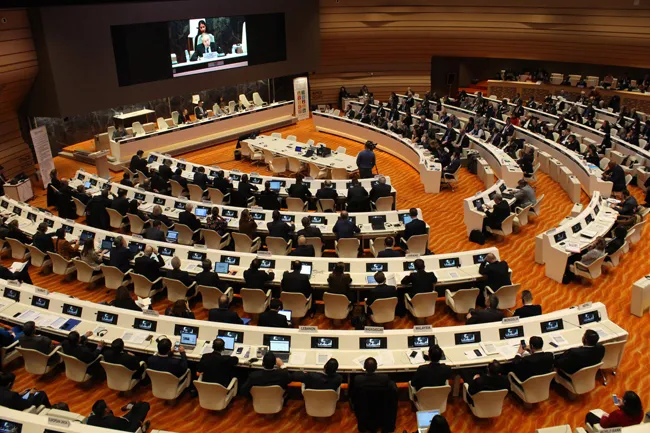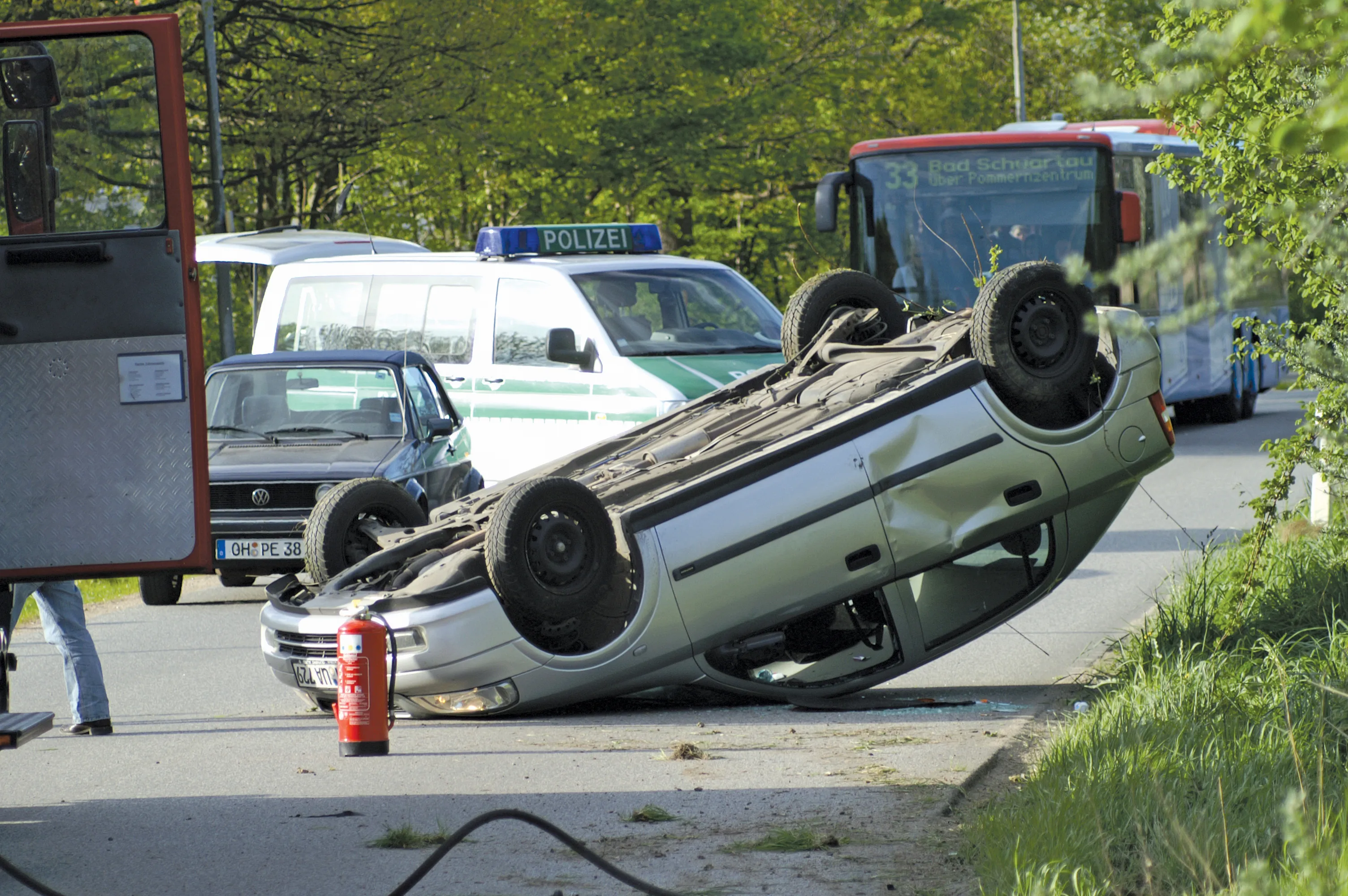The Tanzania Roads Association (TARA) in cooperation with IRF and the global Transport Knowledge Partnership (gTKP) is organising a major international convention on rural roads. This will provide a rare opportunity for governments, agencies, the private sector, NGOs and other stakeholders to come together and exchange the very latest experience and research on rural roads and transport in Africa and other developing regions. This 2009 Convention, being held in Arusha, Tanzania from 25-27 November, 2009, is
July 13, 2012
Read time: 2 mins

The Tanzania Roads Association (TARA) in cooperation with 2462 IRF and the 2469 Global Transport Knowledge Partnership (gTKP) is organising a major international convention on rural roads.
This will provide a rare opportunity for governments, agencies, the private sector, NGOs and other stakeholders to come together and exchange the very latest experience and research on rural roads and transport in Africa and other developing regions.
This 2009 Convention, being held in Arusha, Tanzania from 25-27 November, 2009, is particularly key given the increasing diversity of challenges we face today to provide vital, affordable and safe transport to rural communities, as well as promote economic activity and development and reduce poverty incidence.
The future prospects of increasing fuel scarcity and energy costs will mean that we will have to be ever more ingenious in using available resources to plan and build rural road networks, designing them within the range of prevailing constraints to be safe, maintainable and durable in the local environment and also encourage affordable means of transport.
Rural road infrastructure is an extensive and expensive asset that deserves effective asset management to ensure the intended benefits flow to rural communities. Governments alone cannot deliver the required transport systems, and improved cooperation between government agencies, communities and the various transport stakeholders is essential to accelerate the provision of appropriate infrastructure and transport services.
The conference organisers have invited a high calibre team of international and local practitioners and researchers to present on many of the critical issues and challenges facing rural roads and transport in developing regions. The event will allow plentiful opportunities for interaction designed to stimulate rewarding knowledge exchange and enriching discussion.
This will provide a rare opportunity for governments, agencies, the private sector, NGOs and other stakeholders to come together and exchange the very latest experience and research on rural roads and transport in Africa and other developing regions.
This 2009 Convention, being held in Arusha, Tanzania from 25-27 November, 2009, is particularly key given the increasing diversity of challenges we face today to provide vital, affordable and safe transport to rural communities, as well as promote economic activity and development and reduce poverty incidence.
The future prospects of increasing fuel scarcity and energy costs will mean that we will have to be ever more ingenious in using available resources to plan and build rural road networks, designing them within the range of prevailing constraints to be safe, maintainable and durable in the local environment and also encourage affordable means of transport.
Rural road infrastructure is an extensive and expensive asset that deserves effective asset management to ensure the intended benefits flow to rural communities. Governments alone cannot deliver the required transport systems, and improved cooperation between government agencies, communities and the various transport stakeholders is essential to accelerate the provision of appropriate infrastructure and transport services.
The conference organisers have invited a high calibre team of international and local practitioners and researchers to present on many of the critical issues and challenges facing rural roads and transport in developing regions. The event will allow plentiful opportunities for interaction designed to stimulate rewarding knowledge exchange and enriching discussion.









